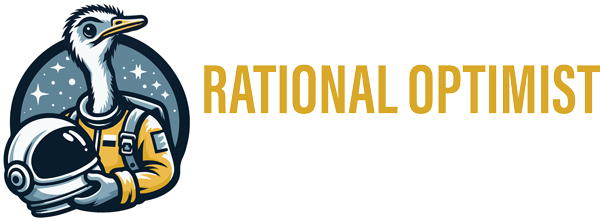Neuralink transformed his life
- Stephen McBride
- Jun 25, 2024
- 4 min read
Updated: Sep 18, 2024
Would you let Elon Musk put a chip in your brain?
Nobody is opening my skull. But I’m not paralyzed from the neck down, like Noland Arbaugh has been ever since suffering a freak spinal cord injury.
Noland couldn’t do much on his own. He couldn’t hold a book or get a job. Using the internet involved awkwardly poking an iPad with a mouth stick.
Then he became the first human to get a Neuralink chip implant.
About the size of a quarter, the chip slid in under his skull and nestles against his brain. Neuralink can read his thoughts and translate them into action, which allows him to control a computer with his mind.
Neuralink has completely transformed Noland’s life. Not only can he play games and use the internet just like you and I. He can work!
Noland can type emails and attend video calls. He’s looking for a job and planning to save up to build a house for his family. Maybe he’ll be a coder, a video game designer, or an editor.
How inspiring is this? This young man was totally dependent on others. Had he been born any other time in history, he would’ve stayed that way.
Neuralink gave him the ability to work, find purpose, and provide for his family—three things a young man needs to thrive. Amazing!
When I wrote about Neuralink a few months ago, I got a note back from John, a subscriber who’s paralyzed from the waist down:
Give me the chip and a Swiss army knife, and I'll put the damn thing in myself!
Helping paralyzed folks is only Neuralink’s first calling. This technology could help us treat conditions like autism, depression, and schizophrenia by regulating our moods. Now we’re talking.
In Washington, DC, a few weeks ago, I met a friend deeply involved in this area. “What’s your most outside-the-box idea?” I asked.
Brain mood setters. Chips in our heads that allow us to control our moods. You tell the chip you’re writing a book, and you want to enter a flow state for six hours. You tap a button and boom; you’re laser-focused. My friend is working on these tools, we’ll have them in 2‒3 years.
Whoa. Remember The Matrix where Neo downloads Kung Fu directly into his mind?
If this tech really works, Neuralink will sell tens of millions of chips.
2‒3 years for reliable mood control seems overly optimistic. I’m guessing it will take a decade. The real test is if it can deliver brain enhancement without negative effects. We must be skeptical of anything that sounds like a free lunch.
Keep in mind, Elon Musk, founder of Neuralink, didn’t invent mind control computers. They’ve been around for 20 years. He didn’t invent electric cars, satellite internet, or rockets, either. His companies innovated—making important changes in order to make the technologies useful and affordable.
For example, Neuralink sends data wirelessly. It’s important to not have wires sticking out of your head.
Neuralink is also the first to crack multi-tasking. Noland can play chess “with his mind” while having a separate conversation. This wasn’t possible before.
These new eyedrops cure certain types of blindness
14-year-old Antonio had multiple surgeries to restore his sight. They all failed.
As a last hope, doctors gave him a special kind of gene-editing eyedrops. Often referred to as “CRISPR,” gene editing allows scientists to “cut” out bad genes and replace them with healthy genes.
Antonio’s doctors essentially infused regular eyedrops with gene editing technology. He took them once a month for about a year, and now he can see for the first time ever!
I can’t imagine how difficult it is being blind, or having a child who can’t see. You’d constantly worry about them not being able to make friends or support themselves when they grow up.
This innovation will allow kids who would’ve stared into darkness their whole lives to achieve their dreams. Innovation rocks.
Why you shouldn’t trust the news: exhibit No. 369
Check out this CNBC headline.
Source: CNBC
A-ha, see I told you Elon’s Frankenstein experiment would go wrong.
A more accurate headline would be: “First human brain implant continues to improve via regular updates. Patient is extremely happy.”
Here’s what happened. Some parts of the chip attached to Noland’s brain loosened, degrading its performance. Neuralink fixed the issue with a simple software update. Problem solved.
The media hates Elon and twists his accomplishments into problems because he has the “wrong” political views.
Gimme a break. Elon has done more good for humanity than all the journos combined.
Update: 146 million kids saved and counting
I understand the impulse to be anti-vaccine after governments shoved the COVID jab down our throats, exaggerated its benefits, and minimized its risks.
But don’t lose sight of the big picture.
A new study from the excellent Our World in Data shows vaccinations against infections like measles and polio saved 146 million kids’ lives over the past 50 years.
That’s 146,000,000 kids who have the chance to grow up, live life, and contribute to the world. Heroic!
Stephen McBride




